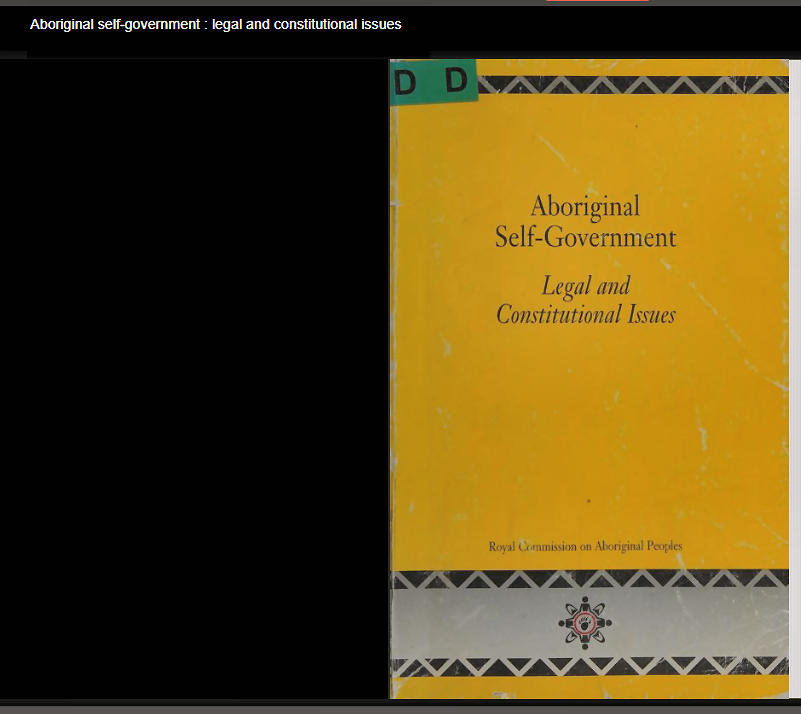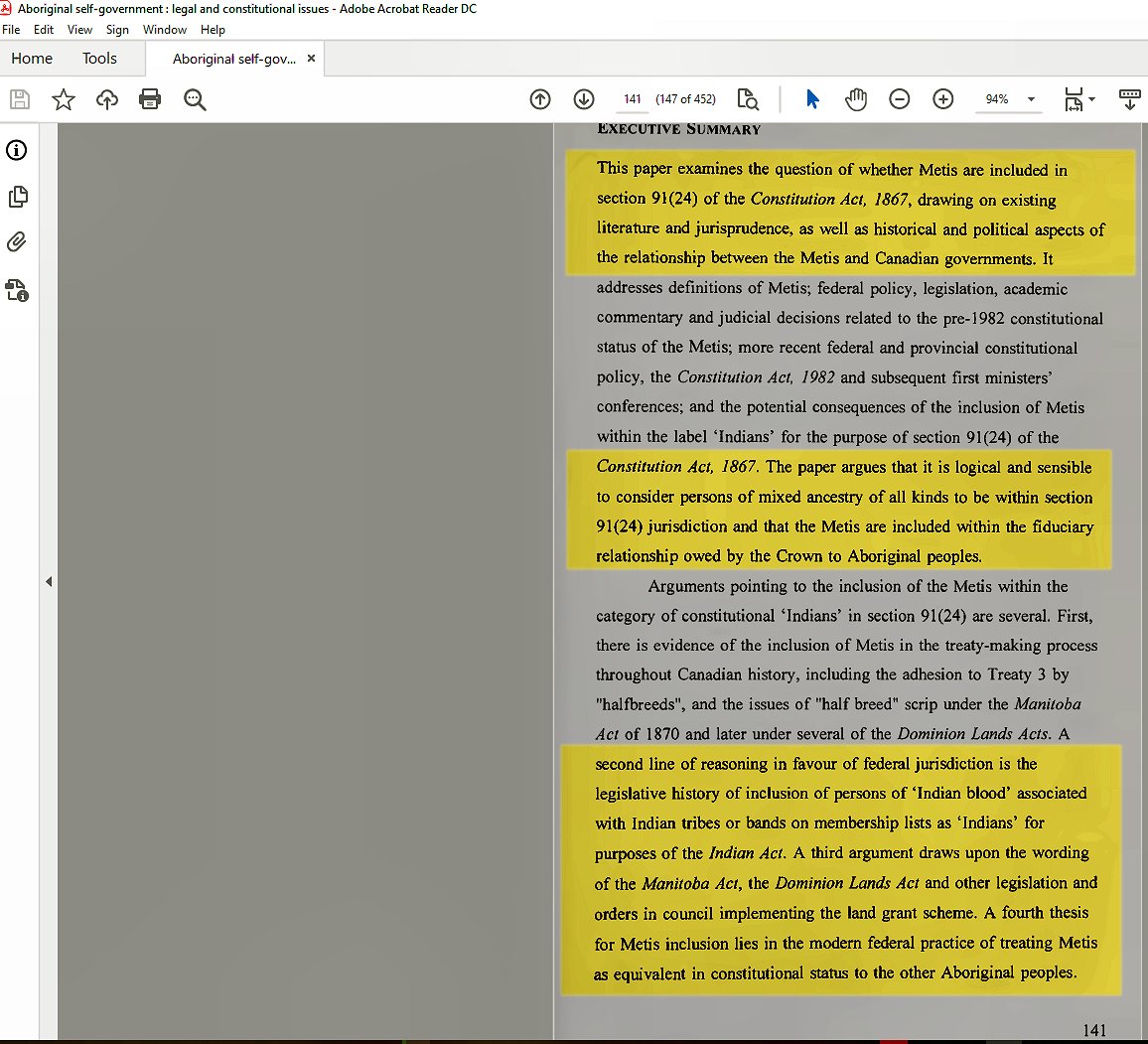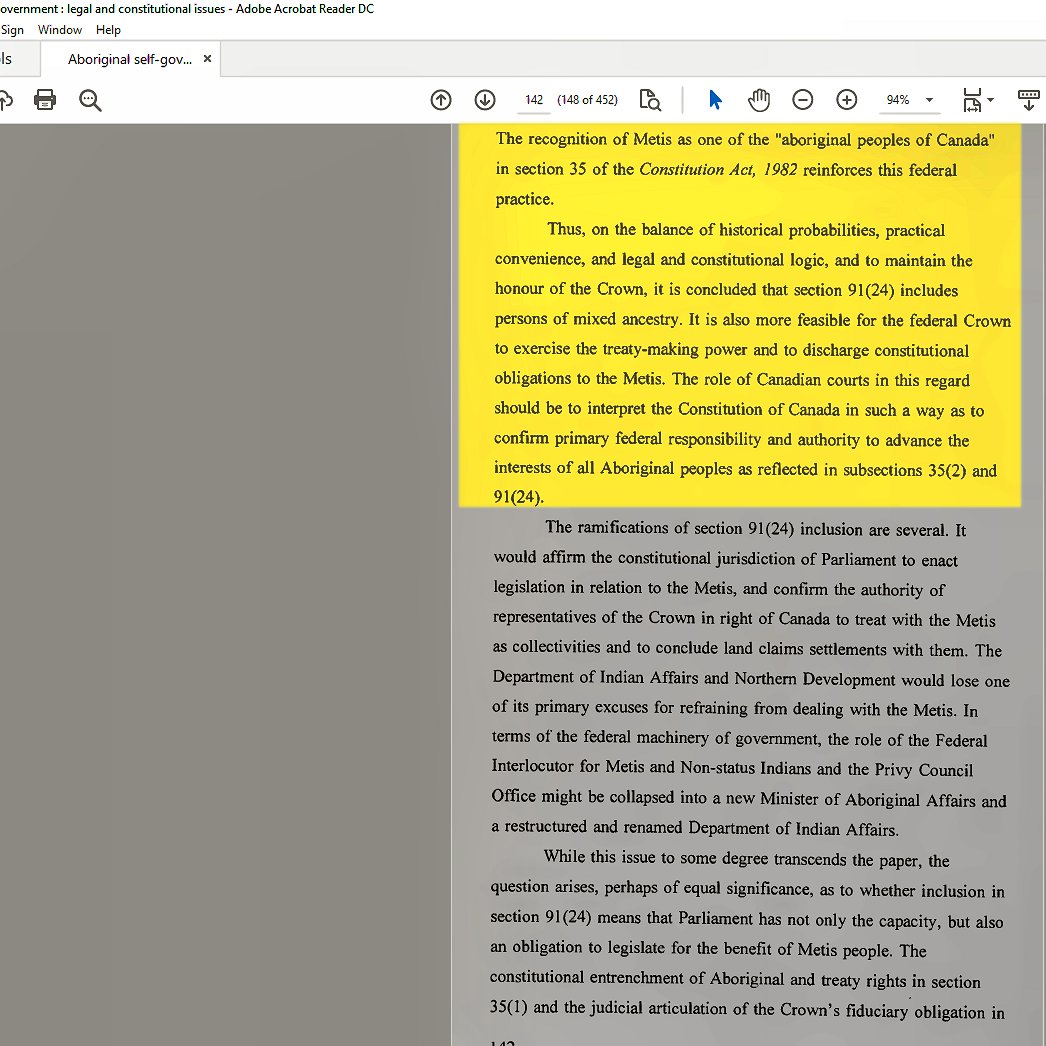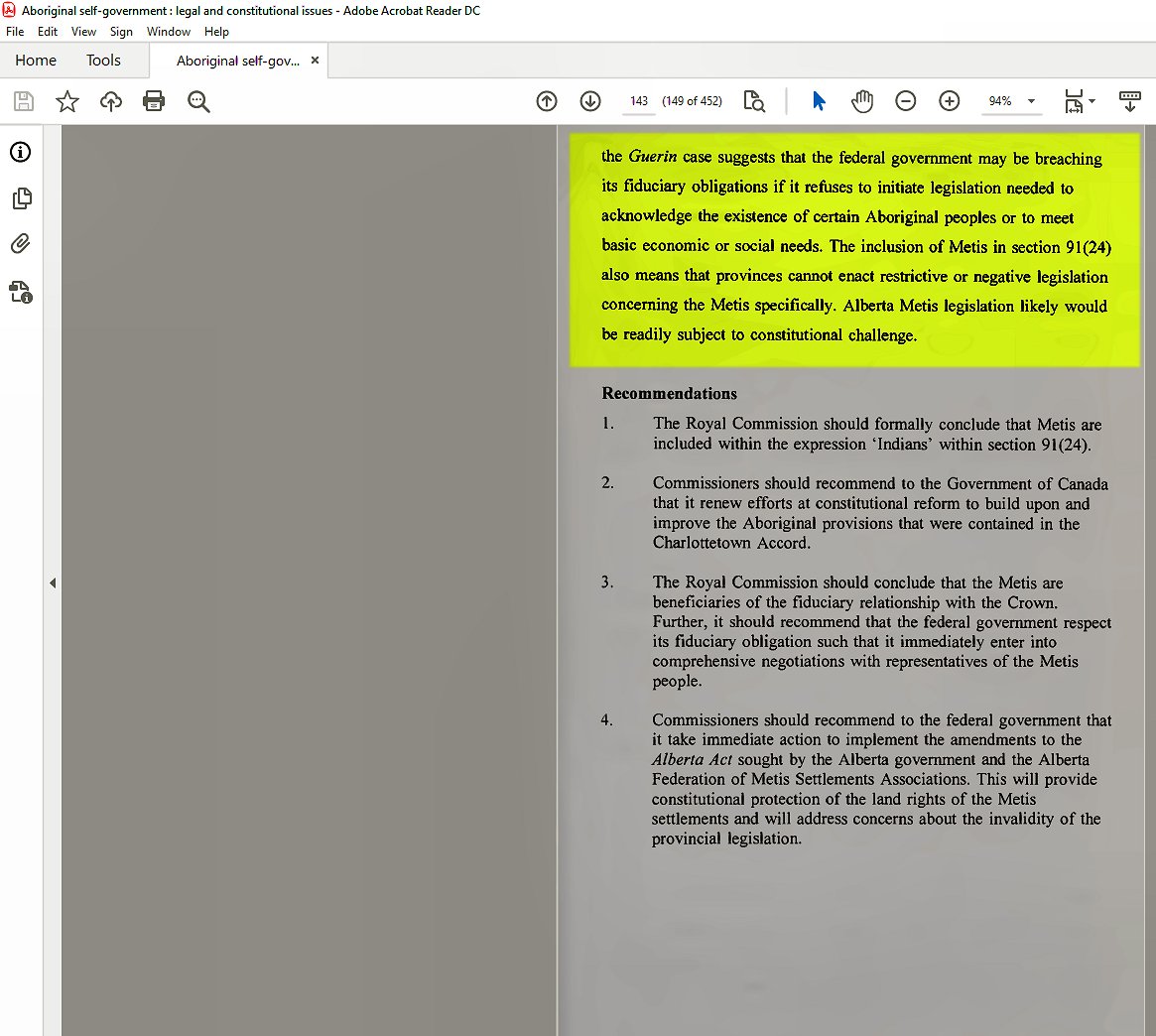It’s a soft skill, where how you behave is more important than what you know.
To grasp why people bury themselves in debt you don’t need to study interest rates; you need to study the history of greed, insecurity, and optimism.
To get why investors sell out at the bottom of a bear market you don’t need to study the math of expected future returns; you need to think about the agony of looking at your family and wondering if your investments are imperiling their future.
I love Voltaire’s observation that “History never repeats itself; man always does.” It applies so well to how we behave with money.
Your personal experiences with money make up maybe 0.00000001% of what’s happened in the world, but maybe 80% of how you think the world works.
The challenge for us is that no amount of studying or open-mindedness can genuinely recreate the power of fear and uncertainty.
As investor Michael Batnick says, “some lessons have to be experienced before they can be understood.” We are all victims, in different ways, to that truth.
Every decision people make with money is justified by taking the information they have at the moment and plugging it into their unique mental model of how the world works. Those people can be misinformed.
every financial decision a person makes, makes sense to them in that moment and checks the boxes they need to check. They tell themselves a story about what they’re doing and why they’re doing it, and that story has been shaped by their own unique experiences.
Few people make financial decisions purely with a spreadsheet. They make them at the dinner table, or in a company meeting.
Places where personal history, your own unique view of the world, ego, pride, marketing, and odd incentives are scrambled together into a narrative that works for you.
There is a widespread belief along the lines of, “everyone used to have a private pension.” But this is wildly exaggerated.
The Employee Benefit Research Institute explains: “Only a quarter of those age 65 or older had pension income in 1975.” Among that lucky minority, only 15% of household income came from a pension.
Dogs were domesticated 10,000 years ago and still retain some behaviors of their wild ancestors. Yet here we are, with between 20 and 50 years of experience in the modern financial system, hoping to be perfectly acclimated.
Risk and luck are doppelgangers.
Some people are born into families that encourage education; others are against it. Some are born into flourishing economies encouraging of entrepreneurship; others are born into war and destitution. I want you to be successful, and I want you to earn it.
But realize that not all success is due to hard work, and not all poverty is due to laziness. Keep this in mind when judging people, including yourself. Therefore, focus less on specific individuals and case studies and more on broad patterns.
There is no reason to risk what you have and need for what you don’t have and don’t need.
The hardest financial skill is getting the goalpost to stop moving.
Modern capitalism is a pro at two things: generating wealth and generating envy.
Perhaps they go hand in hand; wanting to surpass your peers can be the fuel of hard work. But life isn’t any fun without a sense of enough. Happiness, as it’s said, is just results minus expectations.
“Enough” is not too little.
There are many things never worth risking, no matter the potential gain.
Reputation is invaluable. Freedom and independence are invaluable. Family and friends are invaluable. Being loved by those who you want to love you is invaluable. Happiness is invaluable.
And your best shot at keeping these things is knowing when it’s time to stop taking risks that might harm them. Knowing when you have enough.
Consider a little thought experiment. Buffett began serious investing when he was 10 years old.
By the time he was 30 he had a net worth of $ 1 million, or $ 9.3 million adjusted for inflation. 16 What if he was a more normal person, spending his teens and 20s exploring the world and finding his passion, and by age 30 his net worth was, say, $ 25,000?
And let’s say he still went on to earn the extraordinary annual investment returns he’s been able to generate (22% annually), but quit investing and retired at age 60 to play golf and spend time with his grandkids. What would a rough estimate of his net worth be today?
Not $ 84.5 billion. $ 11.9 million. 99.9% less than his actual net worth. Effectively all of Warren Buffett’s financial success can be tied to the financial base he built in his pubescent years and the longevity he maintained in his geriatric years.
His skill is investing, but his secret is time. That’s how compounding works.
From 1950 to 1990 we gained 296 megabytes. From 1990 through today we gained 100 million megabytes.
If you were a technology optimist in the 1950s you may have predicted that practical storage would become 1,000 times larger. Maybe 10,000 times larger, if you were swinging for the fences.
Few would have said “30 million times larger within my lifetime.” But that’s what happened.
There are books on economic cycles, trading strategies, and sector bets. But the most powerful and important book should be called Shut Up And Wait.
Getting money is one thing. Keeping it is another.
We can spend years trying to figure out how Buffett achieved his investment returns: how he found the best companies, the cheapest stocks, the best managers. That’s hard. Less hard but equally important is pointing out what he didn’t do. He didn’t get carried away with debt.
He didn’t panic and sell during the 14 recessions he’s lived through. He didn’t sully his business reputation. He didn’t attach himself to one strategy, one world view, or one passing trend.
He didn’t rely on others’ money (managing investments through a public company meant investors couldn’t withdraw their capital). He didn’t burn himself out and quit or retire. He survived. Survival gave him longevity.
And longevity—investing consistently from age 10 to at least age 89—is what made compounding work wonders. That single point is what matters most when describing his success.
Nassim Taleb put it this way: “Having an ‘edge’ and surviving are two different things: the first requires the second. You need to avoid ruin. At all costs.”
Compounding doesn’t rely on earning big returns.
Merely good returns sustained uninterrupted for the longest period of time—especially in times of chaos and havoc—will always win.
A barbelled personality—optimistic about the future, but paranoid about what will prevent you from getting to the future—is vital.
Here’s how the U.S. economy performed over the last 170 years: But do you know what happened during this period? Where do we begin ...
1.3 million Americans died while fighting nine major wars. Roughly 99.9% of all companies that were created went out of business. Four U.S. presidents were assassinated. 675,000 Americans died in a single year from a flu pandemic.
30 separate natural disasters killed at least 400 Americans each. 33 recessions lasted a cumulative 48 years. The number of forecasters who predicted any of those recessions rounds to zero. The stock market fell more than 10% from a recent high at least 102 times.
Stocks lost a third of their value at least 12 times. Annual inflation exceeded 7% in 20 separate years. The words “economic pessimism” appeared in newspapers at least 29,000 times, according to Google.
Our standard of living increased 20-fold in these 170 years, but barely a day went by that lacked tangible reasons for pessimism.
The great art dealers operated like index funds. They bought everything they could.
And they bought it in portfolios, not individual pieces they happened to like. Then they sat and waited for a few winners to emerge. That’s all that happens. Perhaps 99% of the works someone like Berggruen acquired in his life turned out to be of little value.
But that doesn’t particularly matter if the other 1% turn out to be the work of someone like Picasso. Berggruen could be wrong most of the time and still end up stupendously right. A lot of things in business and investing work this way.
Long tails—the farthest ends of a distribution of outcomes—have tremendous influence in finance, where a small number of events can account for the majority of outcomes.
The idea that a few things account for most results is not just true for companies in your investment portfolio. It’s also an important part of your own behavior as an investor.
Napoleon’s definition of a military genius was, “The man who can do the average thing when all those around him are going crazy.” It’s the same in investing. Most financial advice is about today. What should you do right now, and what stocks look like good buys today?
There is the old pilot quip that their jobs are “hours and hours of boredom punctuated by moments of sheer terror.” It’s the same in investing.
Your success as an investor will be determined by how you respond to punctuated moments of terror, not the years spent on cruise control. A good definition of an investing genius is the man or woman who can do the average thing when all those around them are going crazy.
Tails drive everything.
Something I’ve learned from both investors and entrepreneurs is that no one makes good decisions all the time. The most impressive people are packed full of horrendous ideas that are often acted upon.
The highest form of wealth is the ability to wake up every morning and say, “I can do whatever I want today.” People want to become wealthier to make them happier. Happiness is a complicated subject because everyone’s different.
But if there’s a common denominator in happiness—a universal fuel of joy—it’s that people want to control their lives. The ability to do what you want, when you want, with who you want, for as long as you want, is priceless. It is the highest dividend money pays.
Campbell summed it up: Having a strong sense of controlling one’s life is a more dependable predictor of positive feelings of wellbeing than any of the objective conditions of life we have considered.
Derek Sivers, a successful entrepreneur, once wrote about a friend who asked him to tell the story about how he got rich: I had a day job in midtown Manhattan paying $ 20k per year—about minimum wage ... I never ate out, and never took a taxi.
My cost of living was about $ 1000/ month, and I was earning $ 1800/ month. I did this for two years, and saved up $ 12,000. I was 22 years old. Once I had $ 12,000 I could quit my job and become a full-time musician.
I knew I could get a few gigs per month to pay my cost of living. So I was free. I quit my job a month later, and never had a job again. When I finished telling my friend this story, he asked for more. I said no, that was it. He said, “No, what about when you sold your company?
” I said no, that didn’t make a big difference in my life. That was just more money in the bank. The difference happened when I was 22.26
When asked about his silence during meetings, Rockefeller often recited a poem: A wise old owl lived in an oak, The more he saw the less he spoke, The less he spoke, the more he heard, Why aren’t we all like that wise old bird?
Rockefeller’s job wasn’t to drill wells, load trains, or move barrels. It was to think and make good decisions. Rockefeller’s product—his deliverable—wasn’t what he did with his hands, or even his words. It was what he figured out inside his head.
In his book 30 Lessons for Living, gerontologist Karl Pillemer interviewed a thousand elderly Americans looking for the most important lessons they learned from decades of life experience.
He wrote: No one—not a single person out of a thousand—said that to be happy you should try to work as hard as you can to make money to buy the things you want.
No one—not a single person—said it’s important to be at least as wealthy as the people around you, and if you have more than they do it’s real success. No one—not a single person—said you should choose your work based on your desired future earning power.
What they did value were things like quality friendships, being part of something bigger than themselves, and spending quality, unstructured time with their children. “Your kids don’t want your money (or what your money buys) anywhere near as much as they want you.
Specifically, they want you with them,” Pillemer writes. Take it from those who have lived through everything: Controlling your time is the highest dividend money pays.
Wealth is what you don’t see.
Someone driving a $ 100,000 car might be wealthy. But the only data point you have about their wealth is that they have $ 100,000 less than they did before they bought the car (or $ 100,000 more in debt). That’s all you know about them.
We tend to judge wealth by what we see, because that’s the information we have in front of us. We can’t see people’s bank accounts or brokerage statements. So we rely on outward appearances to gauge financial success. Cars. Homes. Instagram photos.
Modern capitalism makes helping people fake it until they make it a cherished industry. But the truth is that wealth is what you don’t see. Wealth is the nice cars not purchased. The diamonds not bought.
The watches not worn, the clothes forgone and the first-class upgrade declined. Wealth is financial assets that haven’t yet been converted into the stuff you see. That’s not how we think about wealth, because you can’t contextualize what you can’t see.
Singer Rihanna nearly went bankrupt after overspending and sued her financial advisor. The advisor responded: “Was it really necessary to tell her that if you spend money on things, you will end up with the things and not the money?” 30 You can laugh, and please do.
But the answer is, yes, people do need to be told that. When most people say they want to be a millionaire, what they might actually mean is “I’d like to spend a million dollars.” And that is literally the opposite of being a millionaire.
In his book The Body, Bill Bryson explains why: One study in America found that people overestimate the number of calories they burned in a workout by a factor of four.
They also then consumed, on average, about twice as many calories as they had just burned off … the fact is, you can quickly undo a lot of exercise by eating a lot of food, and most of us do.
Only saving for a specific goal makes sense in a predictable world.
But ours isn’t. Saving is a hedge against life’s inevitable ability to surprise the hell out of you at the worst possible moment.
Every bit of savings is like taking a point in the future that would have been owned by someone else and giving it back to yourself.
“Things that have never happened before happen all the time.”
Realizing the future might not look anything like the past is a special kind of skill that is not generally looked highly upon by the financial forecasting community.
Daniel Kahneman was asked how investors should respond when our forecasts are wrong. He said: Whenever we are surprised by something, even if we admit that we made a mistake, we say, ‘Oh I’ll never make that mistake again.’ But, in fact, what you should learn when you make a
mistake because you did not anticipate something is that the world is difficult to anticipate. That’s the correct lesson to learn from surprises: that the world is surprising.
Many investors and economists take comfort in knowing their forecasts are backed up by decades, even centuries, of data.
But since economies evolve, recent history is often the best guide to the future, because it’s more likely to include important conditions that are relevant to the future.
John Templeton’s view that “The four most dangerous words in investing are, ‘it’s different this time.’”
The further back in history you look, the more general your takeaways should be.
There is never a moment when you’re so right that you can bet every chip in front of you. The world isn’t that kind to anyone—not consistently, anyways.
You have to give yourself room for error. You have to plan on your plan not going according to plan.
Benjamin Graham is known for his concept of margin of safety. He wrote about it extensively and in mathematical detail.
But my favorite summary of the theory came when he mentioned in an interview that “the purpose of the margin of safety is to render the forecast unnecessary.”
The pundit who speaks in unshakable certainties will gain a larger following than the one who says “We can’t know for sure,” and speaks in probabilities. 42
Bill Gates understood this well. When Microsoft was a young company, he said he “came up with this incredibly
conservative approach that I wanted to have enough money in the bank to pay a year’s worth of payroll even if we didn’t get any payments coming in.” Warren Buffett expressed a similar idea when he told Berkshire Hathaway shareholders in 2008: “I have pledged—to you, the rating
agencies and myself—to always run Berkshire with more than ample cash ... When forced to choose, I will not trade even a night’s sleep for the chance of extra profits.”
The ability to do what you want, when you want, for as long as you want, has an infinite ROI.
Tell a five-year-old boy he should be a lawyer instead of a tractor driver and he will disagree with every cell in his body.
“When I asked Danny how he could start again as if we had never written an earlier draft,” Zweig continued, “he said the words I’ve never forgotten: ‘I have no sunk costs.’”
Most things are harder in practice than they are in theory.
Sometimes this is because we’re overconfident. More often it’s because we’re not good at identifying what the price of success is, which prevents us from being able to pay it.
Like most products, the bigger the returns, the higher the price.
Netflix stock returned more than 35,000% from 2002 to 2018, but traded below its previous all-time high on 94% of days. Monster Beverage returned 319,000% from 1995 to 2018—among the highest returns in history—but traded below its previous high 95% of the time during that period.
The irony is that by trying to avoid the price, investors end up paying double.
The question is: Why do so many people who are willing to pay the price of cars, houses, food, and vacations try so hard to avoid paying the price of good investment returns?
The answer is simple: The price of investing success is not immediately obvious. It’s not a price tag you can see, so when the bill comes due it doesn’t feel like a fee for getting something good. It feels like a fine for doing something wrong.
And while people are generally fine with paying fees, fines are supposed to be avoided. You’re supposed to make decisions that preempt and avoid fines. Traffic fines and IRS fines mean you did something wrong and deserve to be punished.
The natural response for anyone who watches their wealth decline and views that drop as a fine is to avoid future fines.
It sounds trivial, but thinking of market volatility as a fee rather than a fine is an important part of developing the kind of mindset that lets you stick around long enough for investing gains to work in your favor.
Few investors have the disposition to say, “I’m actually fine if I lose 20% of my money.” This is doubly true for new investors who have never experienced a 20% decline. But if you view volatility as a fee, things look different.
An iron rule of finance is that money chases returns to the greatest extent that it can. If an asset has momentum—it’s been moving consistently up for a period of time—it’s not crazy for a group of short-term traders to assume it will keep moving up.
Not indefinitely; just for the short period of time they need it to. Momentum attracts short-term traders in a reasonable way. Then it’s off to the races.
Bubbles form when the momentum of short-term returns attracts enough money that the makeup of investors shifts from mostly long term to mostly short term. That process feeds on itself. As traders push up short-term returns, they attract even more traders.
Before long—and it often doesn’t take long—the dominant market price-setters with the most authority are those with shorter time horizons. Bubbles aren’t so much about valuations rising.
That’s just a symptom of something else: time horizons shrinking as more short-term traders enter the playing field.
Bubbles do their damage when long-term investors playing one game start taking their cues from those short-term traders playing another.
few things matter more with money than understanding your own time horizon and not being persuaded by the actions and behaviors of people playing different games than you are.
The more you want something to be true, the more likely you are to believe a story that overestimates the odds of it being true.
Consider that 85% of active mutual funds underperformed their benchmark over the 10 years ending 2018.65 That figure has been fairly stable for generations. You would think an industry with such poor performance would be a niche service and have a hard time staying in business.
But there’s almost five trillion dollars invested in these funds. 66 Give someone the chance of investing alongside “the next Warren Buffett” and they’ll believe with such faith that millions of people will put their life savings behind it.
Incentives are a powerful motivator, and we should always remember how they influence our own financial goals and outlooks. It can’t be overstated: there is no greater force in finance than room for error, and the higher the stakes, the wider it should be.
Everyone has an incomplete view of the world. But we form a complete narrative to fill in the gaps.
[History] cannot be interpreted without the aid of imagination and intuition. The sheer quantity of evidence is so overwhelming that selection is inevitable.
Where there is selection there is art. Those who read history tend to look for what proves them right and confirms their personal opinions. They defend loyalties. They read with a purpose to affirm or to attack.
They resist inconvenient truth since everyone wants to be on the side of the angels. Just as we start wars to end all wars.
Daniel Kahneman once told me about the stories people tell themselves to make sense of the past.
He said: Hindsight, the ability to explain the past, gives us the illusion that the world is understandable. It gives us the illusion that the world makes sense, even when it doesn’t make sense. That’s a big deal in producing mistakes in many fields.
Carl Richards writes: “Risk is what’s left over when you think you’ve thought of everything.”
Wanting to believe we are in control is an emotional itch that needs to be scratched, rather than an analytical problem to be calculated and solved.
The illusion of control is more persuasive than the reality of uncertainty. So we cling to stories about outcomes being in our control.
We focus on what we know and neglect what we do not know, which makes us overly confident in our beliefs.
19. All Together Now
Saving money is the gap between your ego and your income, and wealth is what you don’t see. So wealth is created by suppressing what you could buy today in order to have more stuff or more options in the future.
No matter how much you earn, you will never build wealth unless you can put a lid on how much fun you can have with your money right now, today.
If you want to do better as an investor, the single most powerful thing you can do is increase your time horizon.
Time is the most powerful force in investing. It makes little things grow big and big mistakes fade away. It can’t neutralize luck and risk, but it pushes results closer towards what people deserve.
Be nicer and less flashy.
No one is impressed with your possessions as much as you are. You might think you want a fancy car or a nice watch. But what you probably want is respect and admiration. And you’re more likely to gain those things through kindness and humility than horsepower and chrome.
Define the cost of success and be ready to pay it. Because nothing worthwhile is free. And remember that most financial costs don’t have visible price tags. Uncertainty, doubt, and regret are common costs in the finance world. They’re often worth paying.
But you have to view them as fees (a price worth paying to get something nice in exchange) rather than fines (a penalty you should avoid).
You should like risk because it pays off over time.
But you should be paranoid of ruinous risk because it prevents you from taking future risks that will pay off over time.
Define the game you’re playing, and make sure your actions are not being influenced by people playing a different game.
Respect the mess.
Smart, informed, and reasonable people can disagree in finance, because people have vastly different goals and desires. There is no single right answer; just the answer that works for you.
Half of all U.S. mutual fund portfolio managers do not invest a cent of their own money in their funds, according to Morningstar.
Most of what we get pleasure from—going for walks, reading, podcasts—costs little, so we rarely feel like we’re missing out.
On the rare occasion when I question our savings rate I think of the independence my parents earned from years of high savings, and I quickly come back. Independence is our top goal.
A secondary benefit of maintaining a lifestyle below what you can afford is avoiding the psychological treadmill of keeping up with the Joneses.
Comfortably living below what you can afford, without much desire for more, removes a tremendous amount of social pressure that many people in the modern first world subject themselves to.
Nassim Taleb explained: “True success is exiting some rat race to modulate one’s activities for peace of mind.” I like that.































